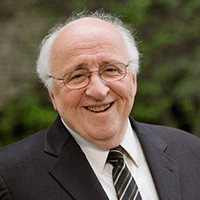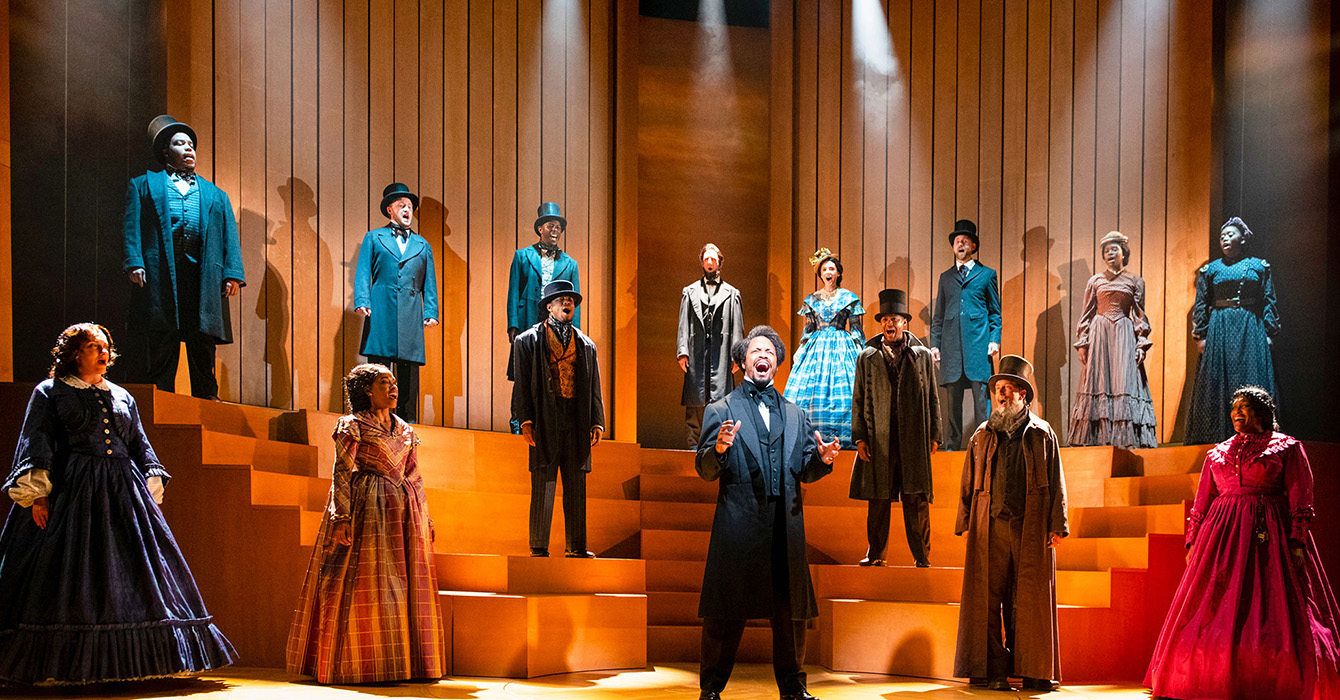I’m writing this from China, where I have been hearing some hymns I have not heard for quite a while. The singing was all in Mandarin, of course. But my bilingual version of the China churches’ hymnbook tells me they are they are singing translations of hymns familiar to those of us who grew up before many of our services came to be dominated by “contemporary worship songs.”
At a seminary near Shanghai, the students sang “Lord, I want to be a Christian, in-a my heart.” When I preached at two worship services at the large Haidian Church in Beijing, the first service led off with “A Mighty Fortress,” and the second, “Come Thou Fount.” And it had been similar musical fare the previous week in Korea.
As has happened before, the folks traveling with us -- those who were visiting Asia for the first time -- expressed surprise. They found the singing inspiring, but wondered about the lack of anything that was unique to the Asian context. When the question was raised with some of our hosts, they reported that some work is being done on composing more Korean and Chinese hymns. But they showed no obvious embarrassment about the continuing use of hymnody imported by Western missionaries.
I was reminded of a story told to me by a friend who had served as a missionary in an African country. He once overheard a conversation between a visitor and a native pastor. “Why do you still sing our hymns?” the American traveler asked. The pastor responded with obvious irritation: “What right do you have to claim them as your hymns? They are not your property! We have made them our own!”
The lesson that pastor was teaching was brought home to me several years ago, when I first visited Beijing. On a Saturday evening we met an older Christian man who was blind. In telling us about his life, he mentioned briefly that the Cultural Revolution had been a very difficult time for him. He pointed to his eyes at that point, making it clear that this was the time in his life when the blindness began. Then he fell silent, and when he began again he went on to another subject.
The next morning at worship we sang a real “oldie”: “There is Sunshine in my Soul Today.” One of the verses goes this way: “There is music in my soul today/a carol for my King/ and Jesus, listening, can hear/ the songs I cannot sing.”
There were many older folks in that congregation. They sang those words with great fervor. My guess is that some of them remembered a time when only Jesus could hear the songs that they sang in their hearts. At that point, I could no long think of that verse of “There is Sunshine” as one of “our hymns.”
Since then I sometimes sing that song when I am alone. In doing so, I am aware of making use of one of their hymns -- and with gratitude for the fact that they gave it to me!
Richard Mouw is president of Fuller Theological Seminary in Pasadena, California.












